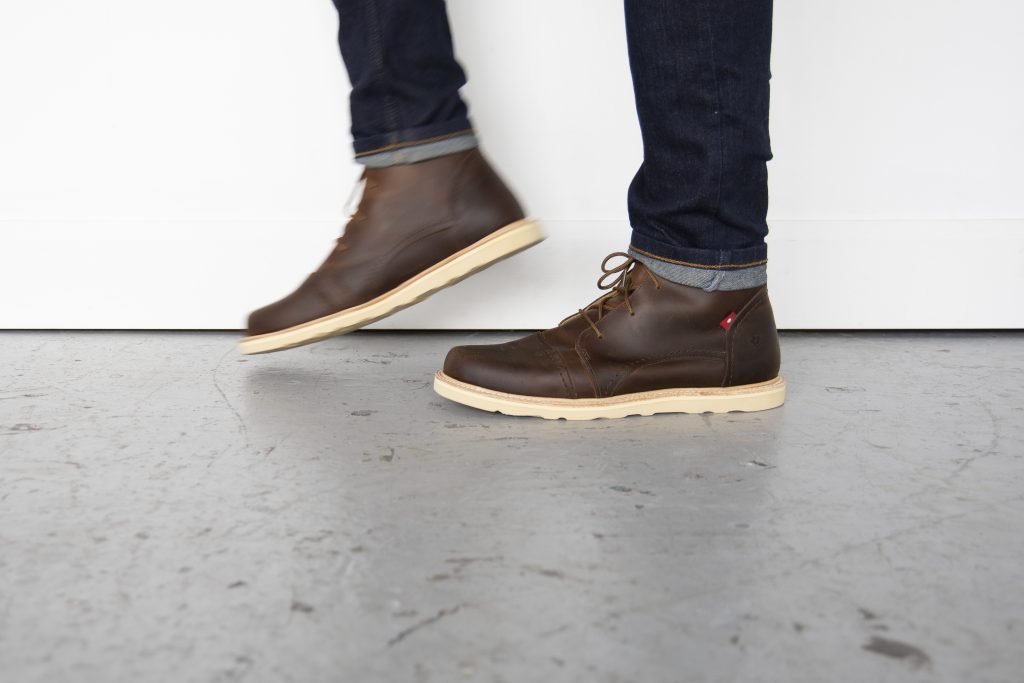
Sustainable fashion provides a bright future for the fashion industry. But, putting a higher focus on ethics can lead to a significant increase in costs for consumer goods. That is the price to pay when it comes to saving the planet while also providing fair wages and working conditions for employees. For consumers, it means receiving a higher-quality product than the non-sustainable competitor brands.
What is Sustainable Manufacturing?
Sustainable fashion is manufactured through environmentally friendly means or with climate change in mind. Parts of sustainable fashion manufacturing include using recyclable or recycled materials and powering facilities with renewable energy. The key to success as a sustainable fashion brand is first being an ethical or Fair Trade company.

Why Sustainable Fashion?
The fashion industry accounts for 2-8% of the world’s carbon emissions. Purchasing sustainable fashion is an ethical solution to reducing waste. Sustainable clothing manufacturing companies focus more on the ethical impact of the industry than fast fashion companies, who only want to push the latest trend.
Here are a few benefits of sustainable fashion:
- It’s less wasteful.
- It’s better for the environment.
- It provides ethical wages for employees.
- It provides opportunities for minorities.
- It creates gender equality through opportunities for both men and women.
Brands like Oliberté do more than just sell boots made in Canada. Part of our mission is to provide more opportunities for women in factories that offer salaries they can support their families with. Our brand is a lifestyle that gives back to the community and challenges the standards of goods being produced and sold.
The Costs of Sustainable Manufacturing
The highest cost associated with the Made in Canada sustainable manufacturing industry is labor. A sustainably sourced industry provides desirable jobs within factories, where every employee earns a fair wage to support themselves and their families.
With the costs of sustainable manufacturing comes a wide range of benefits. Sustainably sourced companies boost the local economy, protect the environment, and provide opportunities to at-risk minorities.

Paying Ethical Wages
Fast fashion, or fashion that is mass-produced, quickly attempts to keep up with everchanging fashion trends. Their rush to meet the demand leads to poor, unsafe working conditions for factory workers overseas. Many companies will also underpay overseas workers, who exploit the “cheap labor” in underdeveloped countries or rural areas.
Paying ethical wages is a major part of Oliberté’s values. We value the factory workers who create the high-quality boots, disposable face masks, and gorilla wax that you find on our website. When you pay employees an amount that values their worth, you receive dedicated, valuable work from them. This travels all the way to a consumer’s home through our products.
<h2>Can Sustainable Manufacturing Companies Reduce Future Costs?</h2>
As more sustainable innovations become commonplace in manufacturing, costs will continue to lower. Canada’s renewable energy is already the most affordable solution to new electricity generation. This it easier for manufacturers to want to make the switch to wind power or hydroelectricity.
Treated water comes at a high cost, and the fashion industry uses a lot of it. Reducing future costs relies heavily on reducing operational costs of water treatment through technological advancements.
Oliberté is just one Fair Trade certified company challenging the standards of manufacturing. Reducing future costs of sustainable manufacturing comes down to making sustainability a standard practice within the fashion industry. If the demand moves towards ethical footwear and clothing, new innovations will help reduce costs.

Why Canada’s Sustainable Fashion Industry Will Keep Growing
Canada already has plans in place for its continued battle to combat climate change. According to Canada’s Energy Future 2020, wind, solar, and hydroelectricity generation will continue to grow through 2050. Currently, the lowest-cost option for generating new electricity in Canada is wind power. This makes renewable energy even more desirable and accessible to manufacturers.
The fashion industry is notorious for being far from sustainable. It takes a lot of water and energy to manufacture clothing. But, fast fashion has no intention of being conservative when it comes to the environment. However, Canada attempts to contradict the fashion industry’s reputation.
In Manitoba, 95% of energy comes from hydroelectricity and wind. Consumers switching to Canada’s domestic manufacturers, like Oliberté, will be supporting the use of renewable energy production when it comes to fashion.





